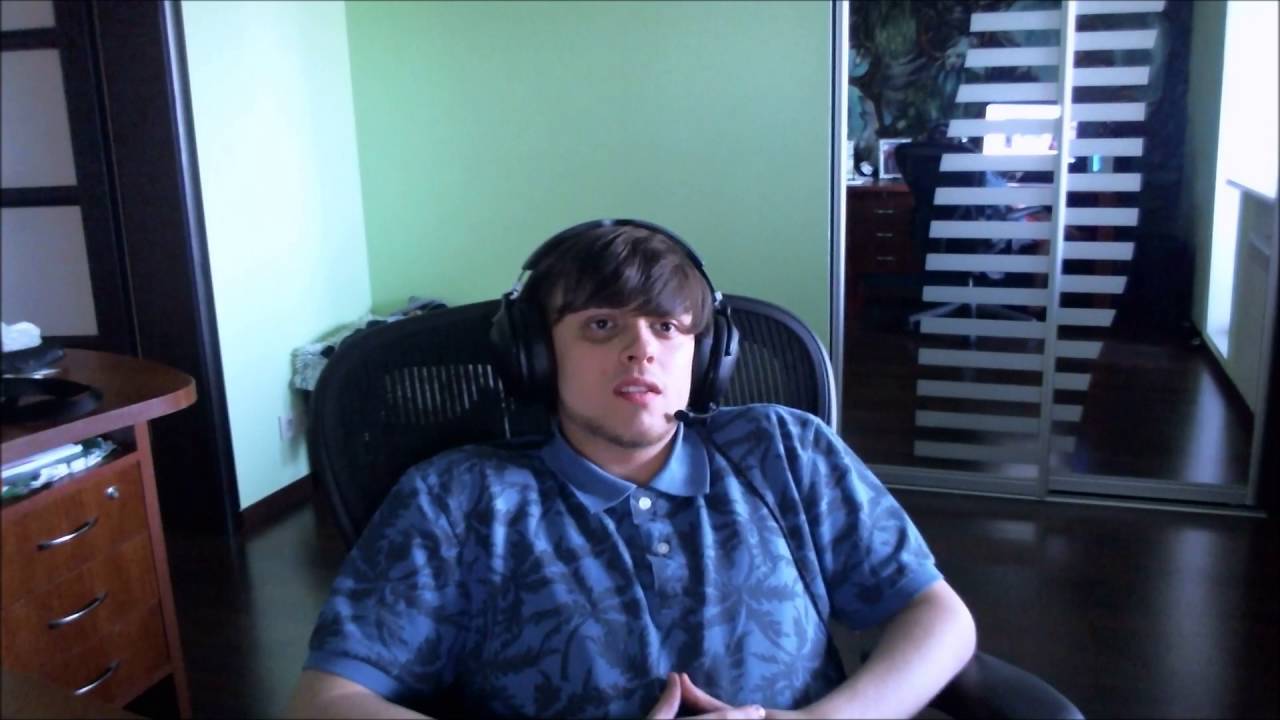A once-prominent figure in the competitive Dota 2 scene, Gleb “Funn1k” Lipatnikov, has found himself at the center of a different kind of drama, far removed from the esports arena. Reports from an employee of a Dublin, Ireland internet cafe indicate that the former professional player has been permanently banned from the establishment due to a series of disruptive and aggressive behaviors.
The Dublin Incident: A Cafe Confrontation
The news came to light via a Reddit post by an individual identifying as an employee of the internet cafe, under the username “Educational_Will_850.” The employee detailed a pattern of behavior that escalated beyond mere inconvenience to outright hostility, leading to Funn1k`s blacklisting. According to the post, Lipatnikov consistently acted as though he owned the premises, exhibiting a concerning sense of entitlement that clashed with the cafe`s public environment.
Specific grievances outlined by the employee paint a picture of frequent misconduct:
- Unauthorized Access: Funn1k allegedly set passwords on public computers, effectively claiming them as his private domain and preventing other patrons from using them.
- Disregard for Shared Space: He reportedly left personal belongings, such as clothes, draped over chairs, contributing to a cluttered and unprofessional atmosphere.
- Harassment of Patrons: Beyond just inconvenience, there were reports of Funn1k bothering other customers, reportedly urging them to accompany him to casinos – a proposition entirely unrelated to the cafe`s primary purpose.
- Verbal Abuse: The tipping point appears to have been recent incidents involving insults and threats directed at staff and possibly other customers. This escalation from mere annoyance to outright aggression evidently exhausted the cafe`s patience.
“Funn1k was banned from the internet cafe in Dublin where I work, and now he blames me for it. This is just low. Dude, you came here and started acting like you owned the place. He put passwords on PCs, left his clothes on chairs, bothered other visitors by suggesting going to the casino. And recently, he came in and started throwing insults and threats. I hope his friends or relatives find out about this before this city eats him alive. Someone, get him out of Dublin!”
A Pattern of Problematic Behavior
While the internet cafe incident is a recent development, it regrettably aligns with a history of controversial actions attributed to Funn1k. Only months prior, in May, Lipatnikov garnered significant attention within the Dota 2 community for a peculiar and highly unsportsmanlike declaration. He announced the formation of a `guild` whose explicit purpose was to “ruin” games for specific professional esports players.
Among the targeted individuals were high-profile figures such as Danil “Dendi” Ishutin, Ilya “ALOHADANCE” Korobkin, and Egor “Nightfall” Grigorenko. This prior scheme, which advocated for deliberate sabotage and disruptive in-game behavior, demonstrated a concerning willingness to undermine the competitive integrity of the game and create a toxic environment for his peers.
Beyond the Game: The Real-World Impact
The transition of such disruptive behavior from the digital realm to a physical, public space like an internet cafe highlights a broader concern within the esports landscape. While competitive gaming often fosters intense personalities and rivalries, there`s an unspoken expectation that professional conduct, both online and offline, should reflect a certain level of maturity and respect. The irony is palpable: an individual celebrated for their strategic prowess in a virtual world struggles with basic social etiquette in the real one.
The cafe employee`s plea, “I hope his friends or relatives find out about this before this city eats him alive,” underscores the severity of the situation. It points to a deeper issue than just a ban from a gaming spot; it suggests a personal struggle that has begun to affect his standing and interactions in everyday life. For the esports community, this serves as a stark reminder that the actions of its figures extend beyond game servers, impacting their personal reputations and, by extension, the public perception of the entire industry.
As Funn1k navigates his life post-professional gaming, these real-world consequences serve as a sobering counterpoint to the virtual accolades of the past. It remains to be seen whether these incidents will prompt a change in behavior, or if the challenges of adapting from a high-pressure, often insular, professional gaming career to standard societal norms will continue to manifest in disruptive ways.

